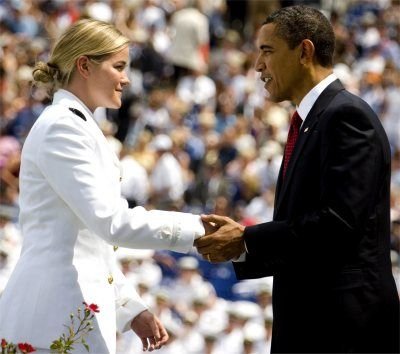Traveling abroad isn’t just about flights, visas, and hotel bookings. For men looking to expand their lives internationally,whether through dating, business, or relocation;there’s another layer that separates the tourist from the global man: cultural etiquette.
Every culture comes with its own unwritten rules. How you greet someone, how you sit at a dinner table, how you handle conflict, or even how you tip can reveal more about your character than your job title or passport. These are subtle tests that locals give foreigners, consciously or unconsciously, to measure one thing: your social intelligence.
What Is Social Intelligence, Really?
Social intelligence is not about being the loudest guy in the room or having “games.” It’s the ability to read social cues, adapt to different environments, and build genuine connections. Abroad, it becomes your survival tool.
In the West, you might get away with a casual shrug, sarcasm, or informal dress in most situations. But in places like Japan, Turkey, or Brazil, those same behaviors could come across as disrespectful, careless, or immature.
Your ability to notice these nuances and adjust without being fake is what separates a global man from a clueless foreigner.
Everyday Etiquette That Tests You Abroad
1. Greetings
- Latin America: A firm handshake might be too cold. Expect hugs or cheek kisses, even on first meetings.
- Middle East: A handshake is fine, but never with your left hand. Respecting religious boundaries shows awareness.
- Eastern Europe: A nod or firm handshake works, but eye contact is key. Weak eye contact makes you look untrustworthy.
Fail here, and you’ll immediately be marked as an outsider who “doesn’t get it.”
2. Table Manners
In some cultures, finishing all the food on your plate shows appreciation. In others, it suggests the host didn’t give you enough.
- China: Leaving a little food behind shows satisfaction.
- Ethiopia: Refusing food or drinks offered by a host is an insult.
- France: Cutting cheese the wrong way can literally start an argument.
Your awareness of these subtleties signals whether you’ve studied the culture or just showed up with a credit card.
3. Personal Space & Body Language
Americans often stand farther apart in conversation, while Mediterranean cultures close the distance. In Japan, prolonged physical contact may feel invasive.
Misjudging personal space is more than awkward,it suggests you’re socially tone-deaf.
4. Communication Styles
- Germany: Directness is respected.
- Thailand: Indirect communication saves face; being blunt can make you look aggressive.
- Brazil: Animated storytelling is welcomed, silence can seem strange.
A man who fails to adapt comes across as arrogant. A man who adjusts earns respect.
5. Respecting Hierarchy
In the U.S., it’s common to address professors or bosses by their first names. Try that in South Korea, and you’ll be dismissed as disrespectful.
Understanding how hierarchy is expressed through language, titles, or gestures shows cultural maturity.
Why This Matters for Men Building Global Lives
Cultural etiquette is more than politeness,it’s a filter. Locals may not test your net worth directly, but they will test your respect, awareness, and humility.
- In dating: Women abroad often evaluate men by how well they navigate their culture. A man who shows respect to her family, servers, or elders instantly rises above the stereotype of the loud, entitled foreigner.
- In business: Deals are lost not because of numbers, but because someone poured a drink with the wrong hand or interrupted at the wrong time.
- In community: Being welcomed into circles abroad requires trust. Etiquette proves you can be trusted not to embarrass others.
The Passport Champs Mindset
For Western men,especially those seeking freedom beyond their home countries, cultural etiquette isn’t optional. It’s the quiet test every new environment gives you.
Fail, and you remain a tourist forever.
Pass, and doors open: women treat you differently, business partners trust you, locals invite you in.
Becoming a global man isn’t about learning every rulebook. It’s about training your social intelligence to read the room, stay humble, and adapt quickly.
Final Thought
A passport alone doesn’t make you worldly. What makes you truly global is how you carry yourself in cultures not your own. Every bow, handshake, toast, and smile is a test and if you can pass them, the world respects you as more than just another foreigner.













